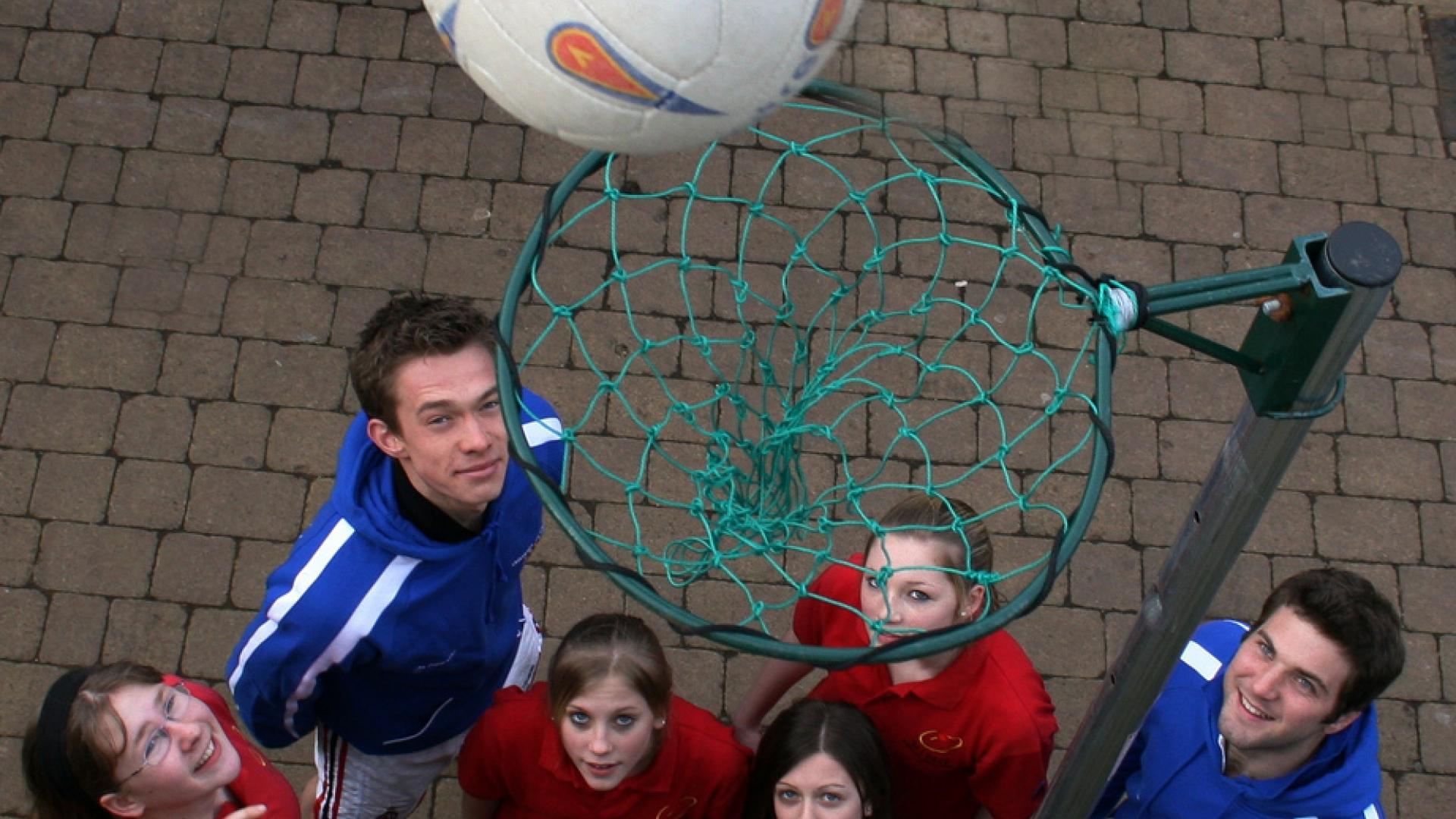In the midst of all our research and analysis to benefit the charity sector, we here at nfpSynergy have been keenly following the Olympics action – a bit of morning judo, lunchtime dressage, boxing, kayaking, swimming – we can’t seem to get enough of it. So all the controversy about empty Olympic venue seats and corporate sponsors got us thinking a bit more about funding for sports and physical fitness initiatives in this country and how to involve the public to a greater degree. A look at the Team GB and British Olympic Association website gives us the chance to follow the Team through a range of social media outlets, but there is no way to give financial support either to the elite athletes or the grassroots and community sport networks that gave many their first exposure to sport and competition.
By contrast, when we go to the website of the US Olympic Committee, there is a clearly marked banner link asking me to support the team by making a donation.* A wide variety of options for support are offered – choosing a particular sport, legacies, memorial and tribute gifts are just a few of the options. We can also give a donation to support the American Paralympic team, the community programmes to support developing athletes with disabilities or a special programme to help soldiers injured in action to participate in paralympic sports. More recently, the grassroots ‘Raise Our Flag’ campaign encouraged Team USA supporters to buy a stitch in the American flag that has accompanied the team to London for the opening ceremony of the Games. This was an attractive, low level product with a real emotional return for donors that, together with all of the other options for giving, allows thousands of people to feel they are playing some small part in the team’s success in London.
Apart from opportunities for financial support, the US Olympic Team also has strong links to the President’s Council on Fitness and Nutrition and the Let’s Move! Program, led by Michelle Obama. True to the style of the grassroots organising campaign that put Obama in the White House, the Let’s Move website offers a wide range of tools for individuals to take
action to improve the nation’s health and fitness, from parents, schools, mayors and local government officials to community organisers, school chefs and children themselves. Olympic-inspired
community sports days and meetups were a key facet of the buildup to the Games.
We’d like to have seen much more involvement of the UK public in such ways leading up to the Olympics, but it’s not too late by any means. Funding cuts to Olympians in training in 2009 and 2010 made headlines, but of course cuts in public spending don’t just affect elite athletes. The changes to the Disability Living Allowance mean that many people living with disabilities will have less disposable income for non-essential activities, including sports. This in turn means reduced exposure not just to physical fitness, but to the mental health and social benefits of participation in sport and involvement in society. Cuts to schools and community sport funding threaten to undermine efforts to increase physical fitness levels of children and young people, not to mention the future chances of British athletes to compete at the highest levels in future Olympiads.
In the wake of a raft of medals for Team GB, there are noises being made that funding for some of these programmes –particularly youth and schools – may be reviewed or reinstated to a degree, but why wait? This is the perfect opportunity for charities with a stake in public health, fitness and sports to capitalise on the excitement and optimism generated by hosting the Olympics. We want to see charities take a proud and vocal lead role in involving the public in supporting not only Team GB and elite athletes, but also grassroots health and fitness initiatives and support for people living with disabilities. This calls for timely, attractive and engaging donation options and tools for grassroots organising. The appetite and enthusiasm of the public in volunteering to make the Games run smoothly, and in publicly supporting the team, is a huge source of momentum. Charities playing a lead role in empowering the public to continue the momentum would be a real Olympic legacy.
Jenn Shea
Is this article gold? Or would you disqualify it? Leave a comment below.

